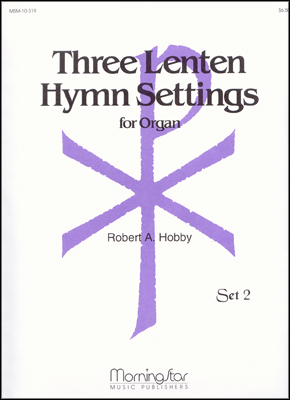- |
User Links
Lying Lips
Hymn Information
- First Line
- Lying lips that falsely flatter
- Author
- Adam M. L. Tice
- Tune Name
- CAPTIVITY (KAS DZIEDAJA)
- Harmonizer
- Geoffrey Laycock, b. 1927
- Tune Source
- Latvian melody
- Topic
- Fall and the Human Condition · God's: Salvation · Lament: Community · Lament: False Accusation · Poverty and Oppression · Elements of Worship: Confession
Copyright Information
- Text Copyright
- © 2011 GIA Publications, Inc
- Tune Copyright
- Public Domain
- Reprint/Projection Information
- Words: Permitted with a license from OneLicense.net. If you do not own this license, please contact the copyright holder for permission.
- Music: The Music is in the Public Domain; you do not need permission to project or reprint the Music.
Scripture References
Confessions and Statements of Faith References
Further Reflections on Confessions and Statements of Faith References
Our songs and prayers include honesty before God in which we express the pain we experience over our own sins and failures, the difficulties in both our lives and others’ lives, and our laments at the suffering and brokenness that marks our world and our lives. We have assurance, says Belgic Confession, Article 26, that Christ, our intercessor, will hear us, “since he suffered, being tempted, he is also able to help those who are tempted.”
We are encouraged to approach the throne with boldness so that we may receive mercy and find grace to help in time of need” (Belgic Confession, Article 26, based on Hebrews 4). “We grieve that the church…has become a broken communion in a broken world” (Our World Belongs to God, paragraph 40).
We also “lament that our abuse of creation has brought lasting damage to the world we have been given...” (Our World Belongs to God, paragraph 51). And we cry to God for those who suffer in our world, knowing “that God…is in a special way the God of the destitute, the poor and the wronged...” (Belhar Confession, Section 4).
Lying Lips
Additional Prayers
Lying Lips
Tune Information
- Name
- CAPTIVITY (KAS DZIEDAJA)
- Key
- d minor
- Meter
- 8.7.8.7
Recordings
Musical Suggestion
Lying Lips
Hymn Story/Background
CAPTIVITY is a rather reflective tune, almost haunting in its minor mode. It has a stunning octave rise at the beginning of the second long line. The tune is suitable for either unison or part singing. Accompany with modest organ tones or strings (guitars).


 My Starred Hymns
My Starred Hymns






